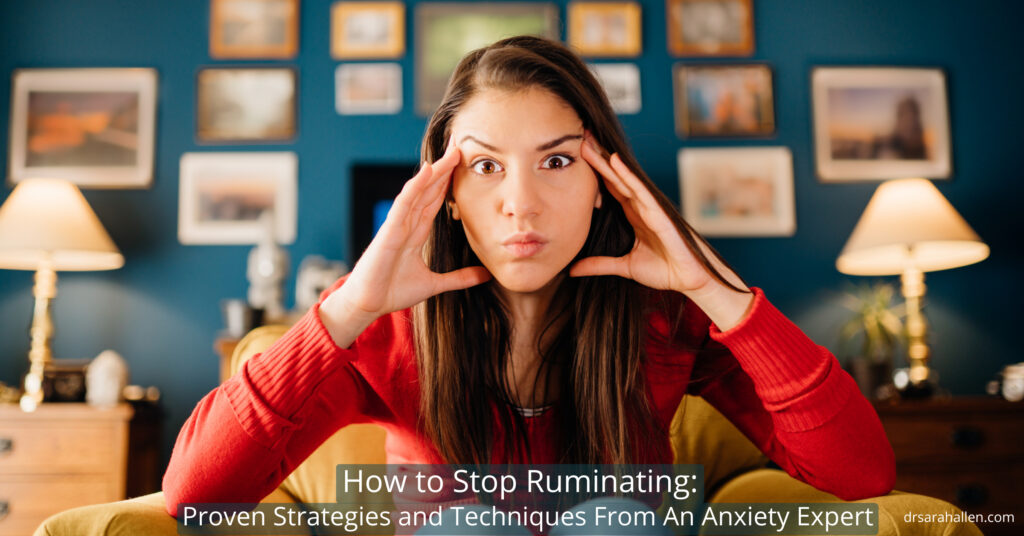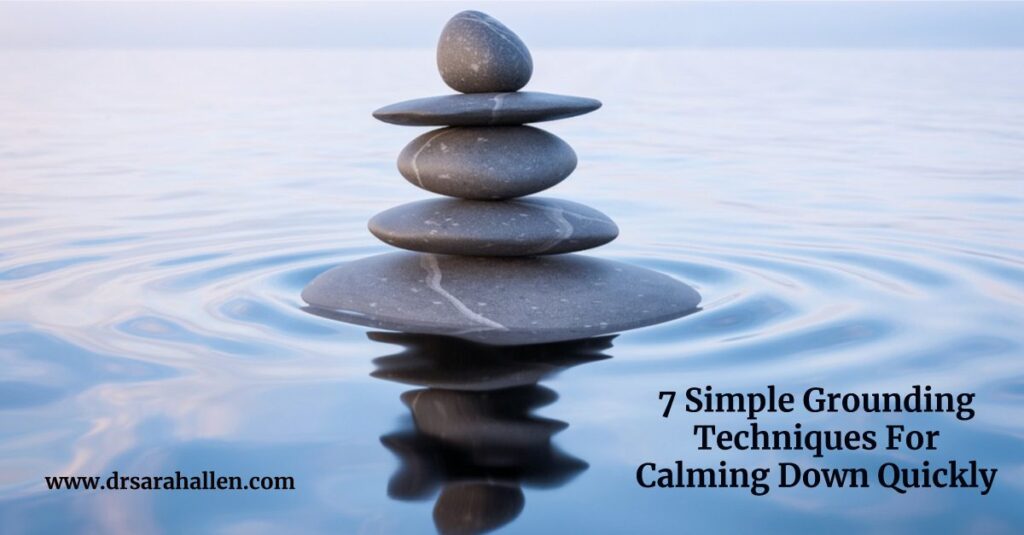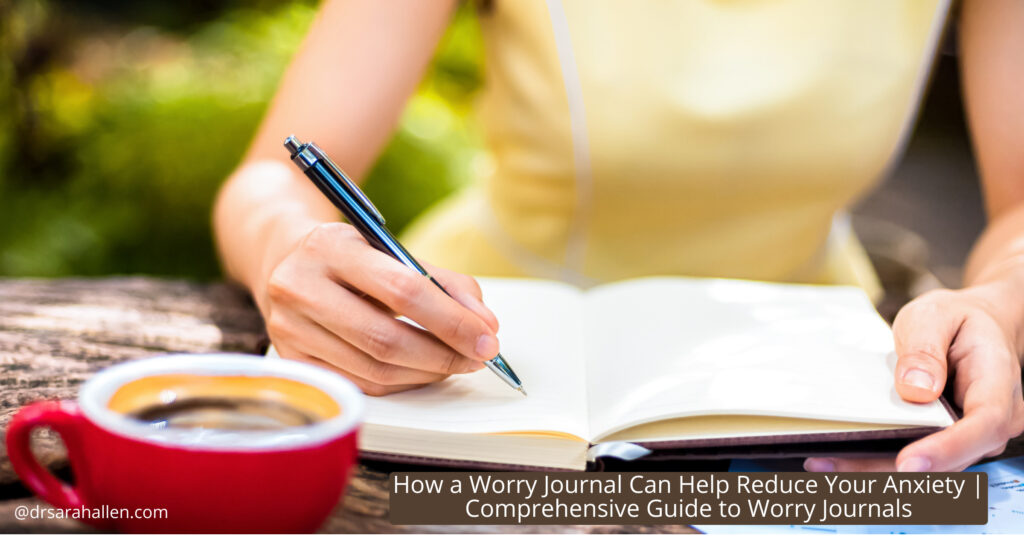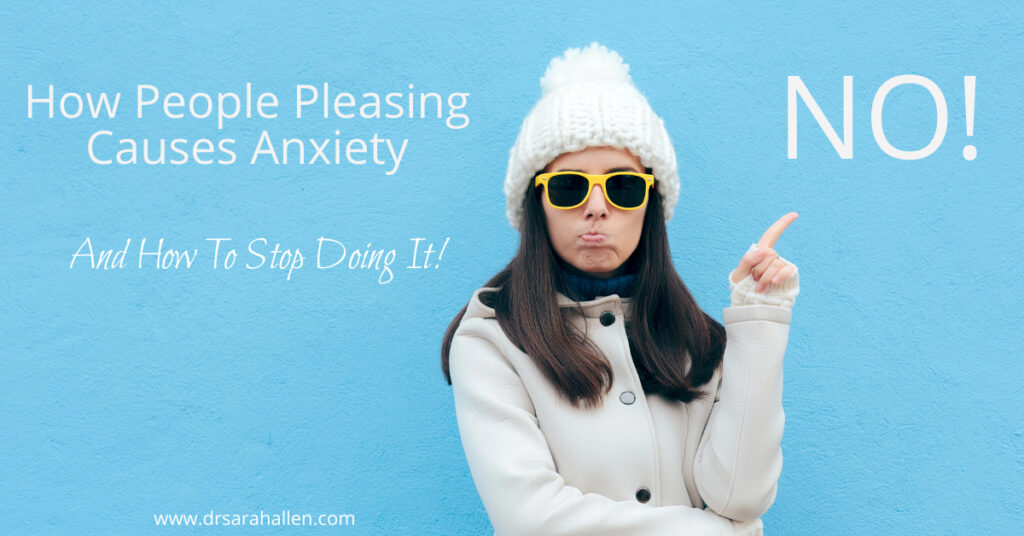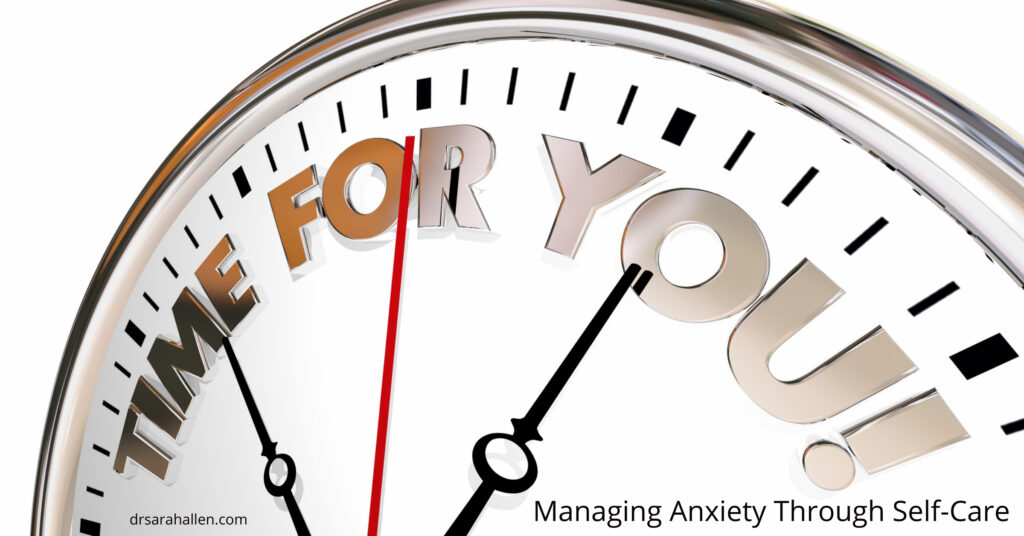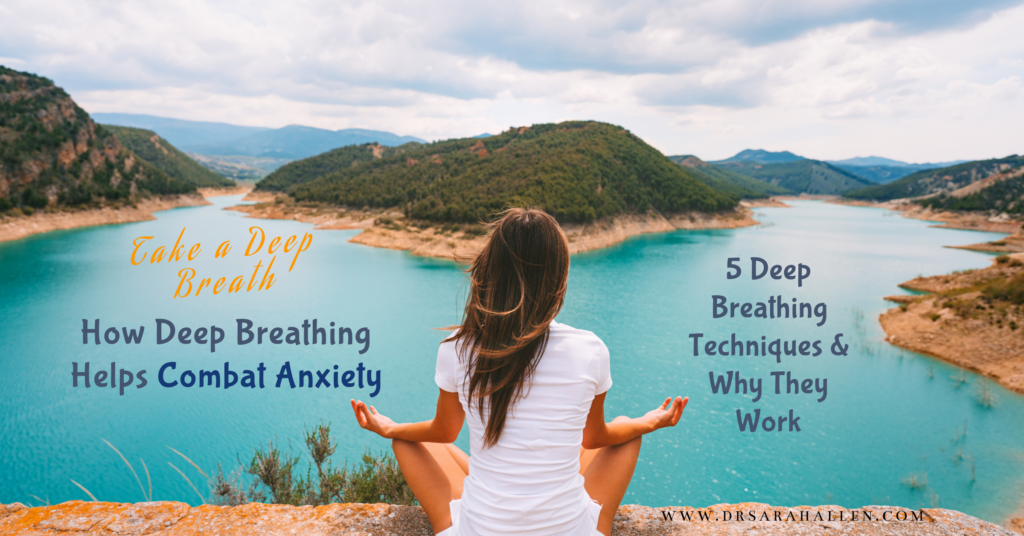
Anxiety, racing thoughts, panic attacks, and social anxiety are all too familiar feelings for many of us. If you suffer from anxiety, you know how overwhelming and debilitating it can feel, and how often it can feel like there is not much you can do to manage those feelings. But, did you know that deep breathing is one of the simplest and most natural techniques that you can use to help you feel calmer?
In this blog post, we’re going to explore the five reasons why deep breathing is such an effective tool for reducing anxiety, and then describe five useful deep breathing techniques so you can find the ones that work best for you.
Why Deep Breathing Helps Reduce Anxiety
1. Deep Breathing Calms Fight Or Flight
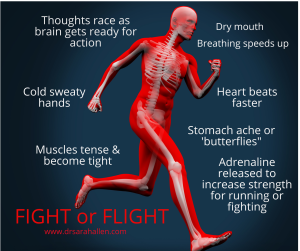
While many different parts of our brain are involved in processing anxiety, one significant area is the amygdala, a small almond-shaped region in the brain that plays a crucial role in our emotional responses. When we experience a threat or stress, the amygdala sends a signal to the hypothalamus, which triggers a fight-or-flight response. This response results in increased heart rate, rapid breathing, sweating, and the release of stress hormones, such as cortisol and adrenaline. This is where deep breathing comes in. When we engage in deep breathing, we activate the parasympathetic nervous system, which helps to slow down the fight-or-flight response. This leads to a reduction in heart rate and the release of relaxation hormones, such as dopamine and serotonin, which slows down racing thoughts and allows you to think more clearly about your worries.
2. Deep Breathing Can Calm Your Thoughts

When you’re anxious, your thoughts can feel scattered and jumbled. Deep breathing can slow down your thoughts and help you to focus on how to solve the issue that caused you to feel anxious about. Cognitive Behavior Therapy (CBT) asks you to identify the thoughts that are increasing your stress or overwhelm and then challenge those negative thoughts and come up with more helpful ways of thinking, but you can’t do that until deep breathing has calmed down those racing thoughts.
If you tend to overthink things read 5 Signs You Are Overthinking & How CBT Can Help!
So you can see that in addition to the physical benefits, deep breathing also has mental and emotional benefits. When we take deep breaths, we focus on our breathing, which can take our minds away from any anxious or stressful thoughts we might be having. Focusing on our breath can help us to be in the present moment and can give us a sense of calm. Over time, regular deep breathing can help us develop greater emotional regulation and mindfulness skills.
3. Deep Breathing Increases Oxygen to the Brain

Your brain needs oxygen to function properly. When you’re anxious, you may have shallow breathing, which means your brain isn’t getting as much oxygen as it needs. Deep breathing increases oxygen to the brain, which can help you to feel more relaxed and less stressed.
4. Deep Breathing Promotes Relaxation

Lastly, deep breathing can also help to reduce muscle tension and promote relaxation. When we feel anxious, our muscles can become tense, which can exacerbate feelings of anxiety and stress. By taking deep breaths, we can help to release this tension in our muscles, which can promote relaxation and lead to a sense of calmness.
5. Breathing & PMR For Better Sleep

Anxiety can interfere with your ability to get a good night’s sleep. Deep breathing can help to relax your body and mind, which can improve your sleep quality. If you practice deep breathing regularly, it can also train your body and mind to relax more quickly, which can help you to fall asleep faster.
If you have trouble getting to sleep, I also recommend Progressive Muscle Relaxation (PMR) when you are lying in bed. To do PMR, begin by tensing and holding the muscles in one part of your body for 10 to 15 seconds. Then, relax the same muscle group for 30 seconds while focusing on how relaxed it feels. Repeat this process with all major muscle groups, starting from your toes and working your way up to your head.
To read more about sleep and ways to improve it read Sleep: Why It’s Important & How To Get It!
5 Types of Deep Breathing Techniques That Help Calm Anxiety
We are now going to discuss five different types of deep breathing exercises. Practice them all to find the one or two that you prefer. Practice them when you are not feeling anxious so they become a habit and you can do them, without thinking, when you need them.
Belly Breathing

Belly breathing is one of the easiest and most effective deep breathing exercises. To practice this exercise, you need to lie down in a comfortable position or sit on a chair and place one hand on your belly and the other on your chest. Take a slow, deep breath through your nose, and let your belly push your hand out. Exhale through your mouth, feeling your belly sink back in. Repeat this exercise for 5-10 minutes, or until you feel relaxed.
Box Breathing & Square Breathing

Box breathing is a powerful technique that can quickly calm your nerves. Start by sitting or standing comfortably and inhaling deeply through your nose while counting to four. Hold your breath for a count of four, then exhale through your mouth for a count of four. Finally, hold your breath again for a count of four before repeating the cycle.
A variation of this type of breathing is called Square Breathing. With square breathing, you visualize a square as you box breathe, drawing or tracing a square with your finger as you breathe.
Alternate Nostril Breathing

Alternate nostril breathing is a yoga breathing technique that helps to balance your mind and body. To practice this exercise, sit comfortably and place your right hand on your nose. Use your thumb to close your right nostril and inhale through your left nostril.
Then, close your left nostril with your ring finger and release your thumb and exhale through your right nostril. Inhale through your right nostril, then close it with your thumb and exhale through your left nostril. Repeat this exercise for five to 10 minutes.
4-7-8 Breathing

This breathing technique is developed by Dr. Andrew Weil and helps you to reduce stress, anxiety, and can even help you to fall asleep quickly. To practice 4-7-8 breathing, inhale deeply through your nose for four counts, hold your breath while counting to seven in your head, exhale through your mouth for eight counts. Repeat the cycle for five to six times.
Another easy way to deep breathe counting breaths can be found in my blog post A Simple Way To Keep Calm
Ocean Breathing

Ocean breathing is a breathing exercise that helps to calm your mind and body. To practice this exercise, sit or lie down in a comfortable position and close your eyes. Take a deep breath in through your nose, and then exhale slowly through your mouth, making a “hissing” or “ocean” sound. Repeat this exercise for five to 10 minutes, or until you feel relaxed.
If you find the ocean relaxing read my other post Beach Waves Mini Meditation
How & Why Deep Breathing Helps Anxiety & Feeling Overwhelmed
Deep breathing is a simple technique that can help you to overcome anxiety and feeling of being overwhelmed. By activating your parasympathetic nervous system, increasing oxygen to the brain, helping you to focus, reducing cortisol levels and improving your sleep quality, deep breathing can provide a range of benefits for your mental and physical health.
If you’re struggling with anxiety, give deep breathing a try and see if you notice a difference. We have discussed 5 deep breathing exercises. With practice, you may find that one or two of these simple techniques can help calm you and feel more relaxed and focused. Sometimes, deep breathing alone is not enough as it doesn’t fix the situation that made you feel tense and stressed. If you have anxiety, deep breathing is the first step so you can calm your racing thoughts and think calmly about your next steps. It can be a powerful tool for managing symptoms in the moment, but you may need additional help to address the root of your anxiety. Seeing a therapist who specializes in treating anxiety can be an essential part of recovery.
A therapist can provide evidence-based strategies such as Cognitive Behavioral Therapy (CBT) and teach you coping skills that will help you better navigate the challenges of life and learn to find balance in your life. With the help of a therapist, you can gain insight into how anxiety is impacting your day-to-day life and develop an individualized plan for managing it.

If you are struggling with anxiety, counseling can be an invaluable tool for relief. Please don’t hesitate to reach out for help if you are struggling – your mental health is worth it.
To learn more about Cognitive Therapy (CBT) and how it can be used in treating many issues read my article What Is CBT? A Simple Guide to Understanding Cognitive Behavioral Therapy
For other ways to reduce anxiousness quickly read my article 7 Simple Grounding Techniques For Calming Down Quickly

If you have any questions, or would like to set up an appointment to work with me and learn how to reduce anxiety, please contact me at 847 791-7722 or on the form below.
If you would like to read more about me and my areas of specialty, please visit Dr. Sarah Allen Bio.
Dr. Allen’s professional license only allows her to work with clients who live in IL & FL & the UK and unfortunately does not allow her to give personalized advice via email to people who are not her clients.
Dr. Allen sees clients in person in her Northbrook, IL office or remotely via video or phone.

What Can I Read That Helps Me While I Am Waiting For My First Appointment With Sarah?
Download this free booklet to gain valuable insights and practical strategies for managing anxiety and worrying.




